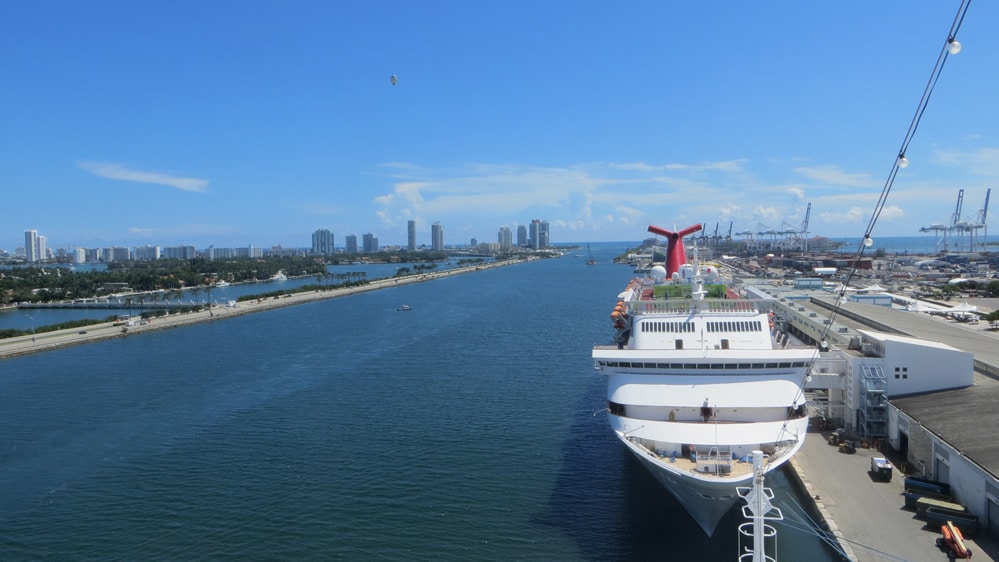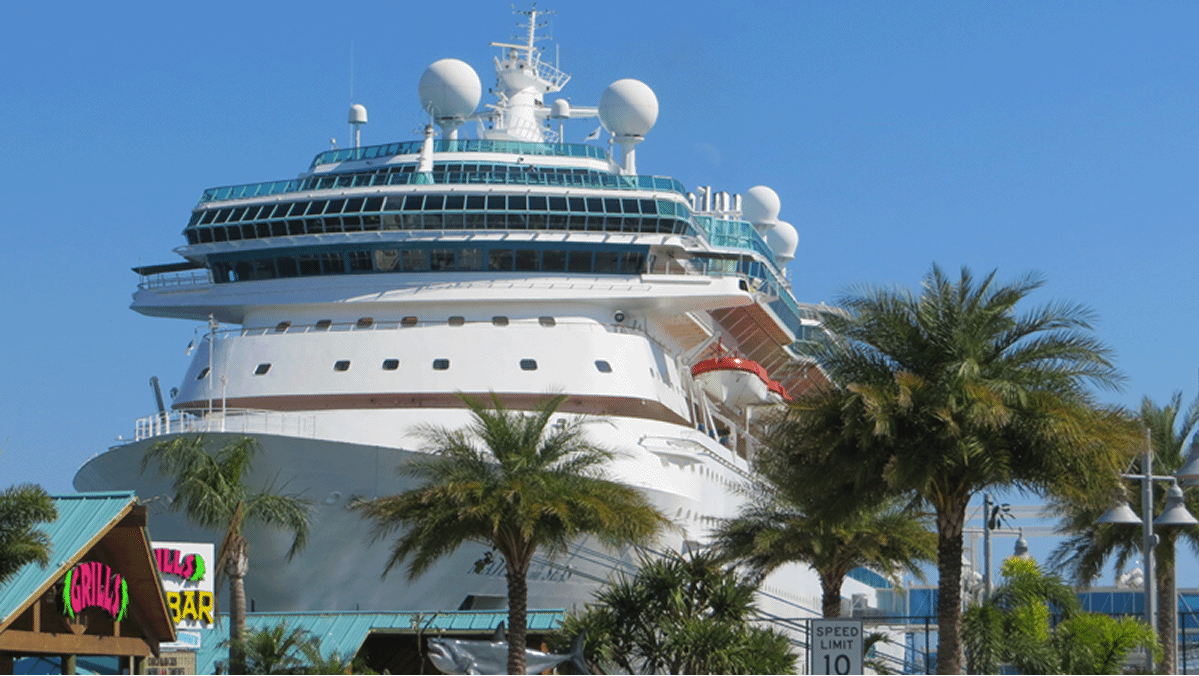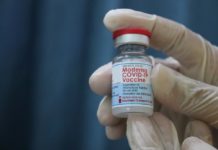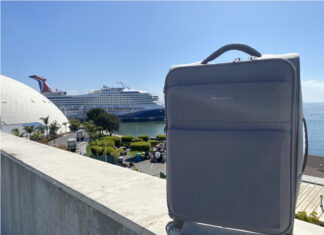In U.S. District Court for the Middle District of Florida, Judge Steven Merryday sided with the state of Florida in granting a preliminary injunction against the CDC’s Conditional Sailing Order (CSO).

“This order finds that Florida is highly likely to prevail on the merits of the claim that CDC’s conditional sailing order and the implementing orders exceed the authority delegated to CDC under Section 264(a),” the judge wrote in a 124-page filing on the case.
With the ruling, beginning tentatively on July 18 cruise ships departing Florida ports will no longer have to follow the rules within the CSO. Instead, those rules would be no more than recommendations on how to sail safely.
CSO Offered a Slow Return Despite a “Pathway”
The Conditional Sailing Order was originally seen as a pathway to return when it was issued in October 2020, and a sharp departure from the “No Sail Order” that had been in place since cruising paused in March 2020.
As the months went on, however, the CDC’s order came under fire as little progress was made in the return of cruising. Instructions from the health agency took months to be published, and when they were, the industry said they were burdensome and didn’t take into account the prevalence of vaccines.
Despite nearly eight months since the Conditional Sailing Order was first put in place, no cruise ship has departed the United States with paying passengers. Only a handful of ships are scheduled to sail within the next two months, with the first (Celebrity Edge) set to sail June 26.
Sharp Words Within the Ruling For the CDC’s Order
Given the impact the cruise suspension has on the Florida economy, the state filed suit. It alleges the CDC overstepped its bounds in shutting down the industry for more than a year. While the two sides have gone to mediation (and will continue to do so, as ordered by the judge), so far no agreement has been worked out.
With granting this injunction, however, the judge had sharp words for the CDC’s actions.
In response to the agency’s claims that without the health requirements cruise ships would “amplify the spread” of COVID, the judge said that “CDC not only fails to substantiate this supposition with persuasive evidence, but CDC discounts the retreat of COVID-19, the success of other similar industries, and the mitigation on measures that would exist without the conditional sailing order.”
The ruling cited that 64% of U.S. adults have received the vaccine, which the CDC says is effective. Judge Merryday also pointed out that the agency didn’t shut down other industries such as hotels, casinos, sporting events, or airlines, but instead offered recommendations on how to operate safely.
“The safe operation of comparable industries strongly counsels against finding that moderating the conditional sailing order would endanger the public health,” the ruling said.
And while there have been cases on some of ships that have resumed sailing, “The availability of vaccines and testing and the comparatively trivial incidence of infection on foreign cruises — all quickly identified and confined — commends optimism about the safe operation of sailing in the United States, which enjoys high rates of vaccination and greatly enhanced, on-board containment mechanisms.”
With the advent of highly effective vaccines, with more than half of adults fully vaccinated, with infection plummeting, with death from COVID-19 asymptotically approaching zero; with the benefit of effective therapeutics for COVID-19; with masks, safe distancing, and sanitation; and with the successful and safe re-opening of business, including airlines, sporting events, and other high capacity venues, COVID-19 no longer threatens the public’s health to the same extent presented at the start of the pandemic or when CDC issued the conditional sailing order.
- Judge Merryday’s ruling against the CDC’s order
“Self-interest in Offering Safe Cruises”

This ruling is not set in stone. The CDC has the option to propose a narrower rule by July 2 for permitting ships to sail again.
Even if the injunction stays in place, it doesn’t mean cruises will simply go back to how they were before the pandemic.
The judge cited the cruise industry’s “self-interest in offering safe cruises,” as well as the mandatory protocols put in place by Cruise Lines International Association (CLIA) — an industry trade group that represents nearly all lines. These rules include protocols around masking, distancing, and testing.
However, if ships don’t have to follow the Conditional Sailing Order, it would seem to mean that simulated cruises and requiring CDC approval to sail would no longer be in place. In other words, more ships could conceivably come back faster.
As with most legal issues, it seems likely there will be more steps to come. For now, it’s a clear victory for the cruise industry and the state of Florida, which brought the suit.
“The CDC has been wrong all along, and they knew it,” said Governor Ron DeSantis in a statement. “The CDC and the Biden Administration concocted a plan to sink the cruise industry, hiding behind bureaucratic delay and lawsuits. Today, we are securing this victory for Florida families, for the cruise industry, and for every state that wants to preserve its rights in the face of unprecedented federal overreach.”
(Note: The Conditional Sailing Order was originally issued by the CDC in October 2020, under President Trump.)
You can read Judge Merryday’s entire ruling here.












